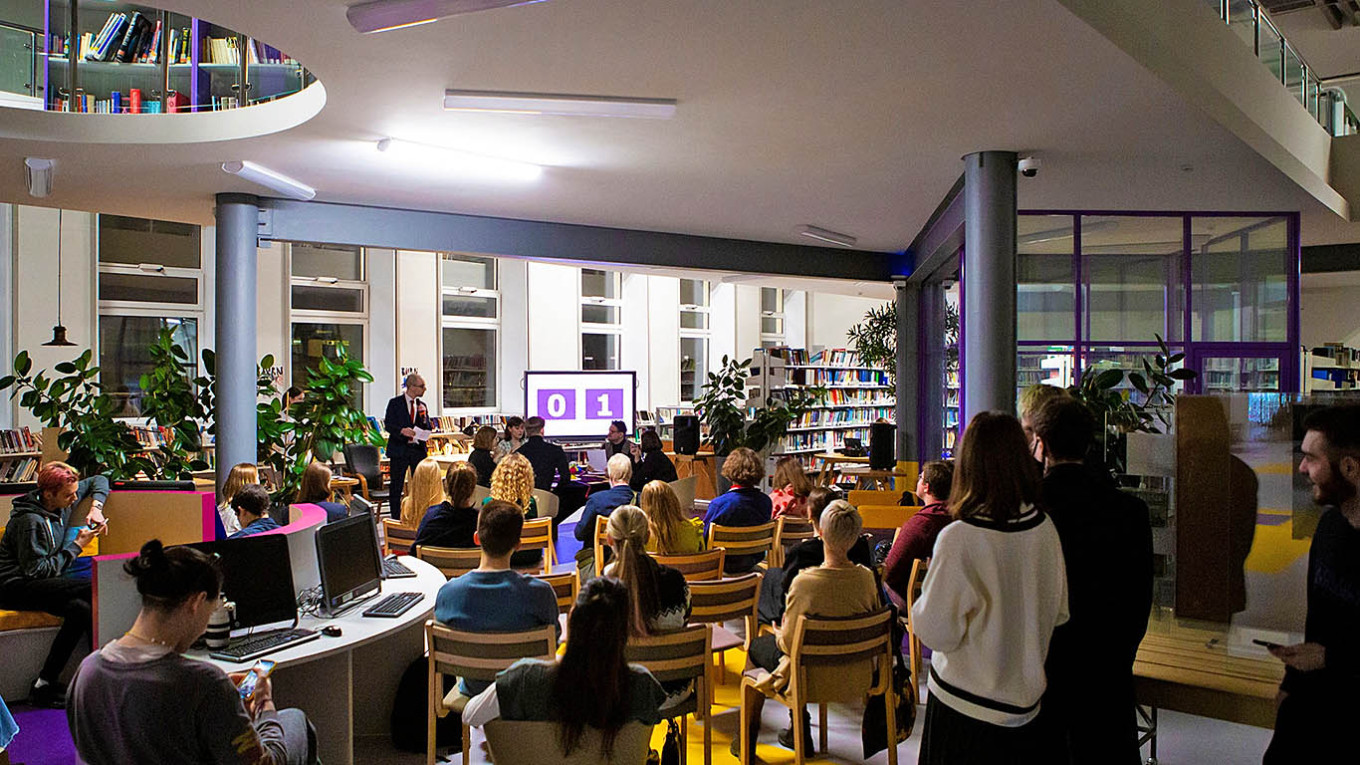Moscow’s Higher School of Social and Economic Sciences, often referred to as Shaninka, had several of its degree programs lose accreditation on Monday due to actions taken by Rosobrnadzor, the Russian federal education oversight agency.
Established in 1995 by British sociologist Theodore Shanin, Shaninka is recognized as one of the top institutions for the humanities in Russia, boasting alumni like political analyst Ekaterina Shulmann and sociologist Grigory Yudin.
The revocation of accreditation for the university’s psychology, management, and sociology programs came after an unexpected inspection conducted by Rosobrnadzor in November 2024. Following this visit, the agency warned that Shaninka might lose its accreditation or even its operating license if a list of identified violations was not rectified by June.
Since receiving this warning, the university has been prohibited from enrolling new students.
Rosobrnadzor claimed that Shaninka was deficient in essential higher education programs and qualified faculty, reported inadequate student performance on standardized assessments, and failed to maintain up-to-date employee information on its website.
In July, Maria Sigova, the rector of Shaninka, informed students that she doubted the university would prevail in its second appeal against Rosobrnadzor and advised them to consider transferring.
On Facebook, Shulmann referred to the “de facto closure” of her alma mater as a reflection of the current state of affairs in Russia.
“We don’t question the reasons or motivations; we’re just thankful we managed to withstand for so long,” the political analyst noted. “Chaos is still on the horizon, masquerading under the name ‘the Russian Federation,’ and it will engulf our work and our lives.”
Legally, Shaninka can still admit and graduate students; however, as reported by the business newspaper Kommersant, their diplomas will not have state recognition.

